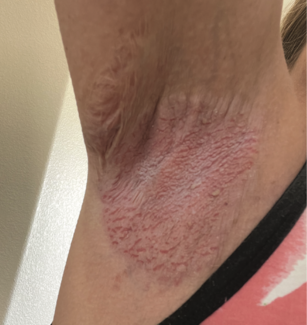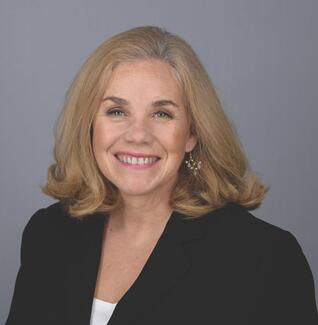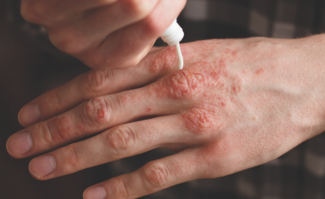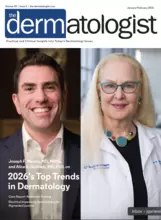A Conversation With Elena Netchiporouk, MD
© 2025 HMP Global. All Rights Reserved.
Any views and opinions expressed are those of the author(s) and/or participants and do not necessarily reflect the views, policy, or position of The Dermatologist or HMP Global, their employees, and affiliates.

and completed her dermatology residency and MSc in experimental medicine at McGill University. She co-directs a multidisciplinary skin fibrosis, urticaria/mastocytosis, and genodermatology clinic at the Montreal General Hospital of the McGill University Health Centre. Her research focuses on immune-mediated skin diseases and orphan dermatoses.
Dr Netchiporouk leads innovative research integrating epidemiology, machine learning, and bioinformatics to identify risk factors and improve management strategies for these conditions. Her work has been supported by prominent funding agencies, such as the Canadian Institutes of Health Research (CIHR), FRQS, Scleroderma Foundation, and the Canadian Dermatology Foundation. Additionally, Dr Netchiporouk serves as the regional director of the Canadian Dermatology Association. She is also dedicated to mentorship, having trained numerous graduate students, and actively practices dermatology in underserved communities.
Q. What part of your work gives you the most pleasure?
A. The most rewarding aspect of my work is the ability to bridge scientific discovery with patient care. Being able to translate complex research findings into actionable clinical strategies to improve patient outcomes is deeply fulfilling. I find immense satisfaction in mentoring the next generation of dermatologists and researchers, guiding them to think critically and to innovate. Equally, interacting with patients, particularly in underserved regions, allows me to directly witness the impact of personalized care and community health initiatives and inspires ideas for my future research.
Q. Are an understanding and appreciation of the humanities important in dermatology and why?
A. Absolutely. Dermatology is as much an art as it is a science. Understanding the humanities fosters empathy, cultural competence, and communication skills—all essential in providing holistic care. Dermatologic conditions often have profound psychosocial impacts, and appreciating a patient’s lived experience allows for more compassionate and effective care. The humanities also inspire creative problem-solving, which is crucial in managing complex and rare skin diseases.
Q. Which patient had the most effect on your work and why?
A. A patient with rapidly progressive pansclerotic morphea profoundly impacted my career. Despite aggressive immunosuppressive therapies, the disease progressed, leading to severe functional impairment. This experience highlighted the urgent need for better diagnostic tools and treatments for rare inflammatory diseases. It fueled my dedication to translational research, aiming to uncover novel biomarkers and therapeutic targets to prevent such devastating outcomes. This patient’s resilience continues to inspire my commitment to advancing care for patients with rare and challenging skin conditions.
Q. What is the best piece of advice you have received and from whom?
A. While applying for a CIHR grant for a COVID-19 clinical trial, I was overwhelmed by the low success rate (8%–10%) and my desire to secure funding. My mentor, Dr Todd Lee, gave me invaluable advice: “What’s the worst that can happen? You don’t get it. The second worst is that you get it, and now you have to do the work.” That perspective shifted my mindset. I ultimately received the grant, and the real challenge was executing the project. This advice has stayed with me, reminding me to embrace challenges and view setbacks as opportunities for growth.
Q. What is the greatest political danger in the field of dermatology?
A. One of the greatest political dangers in dermatology is the rising cost of advanced therapies. While research and therapeutic innovations have led to highly effective treatments for many skin diseases, these medications often come with exponential costs. This creates significant barriers to access, as many patients may struggle to afford these life-changing treatments. This issue is equally challenging for physicians, who are committed to advocating for their patients but may find themselves unable to access the treatments they know could be effective due to financial constraints. The challenge lies in ensuring that groundbreaking therapies remain accessible and affordable to all patients, regard- less of socioeconomic status. Addressing this issue requires ongoing advocacy for transparent drug pricing, policy reforms, and strategies that balance innovation with equitable access to care.


















